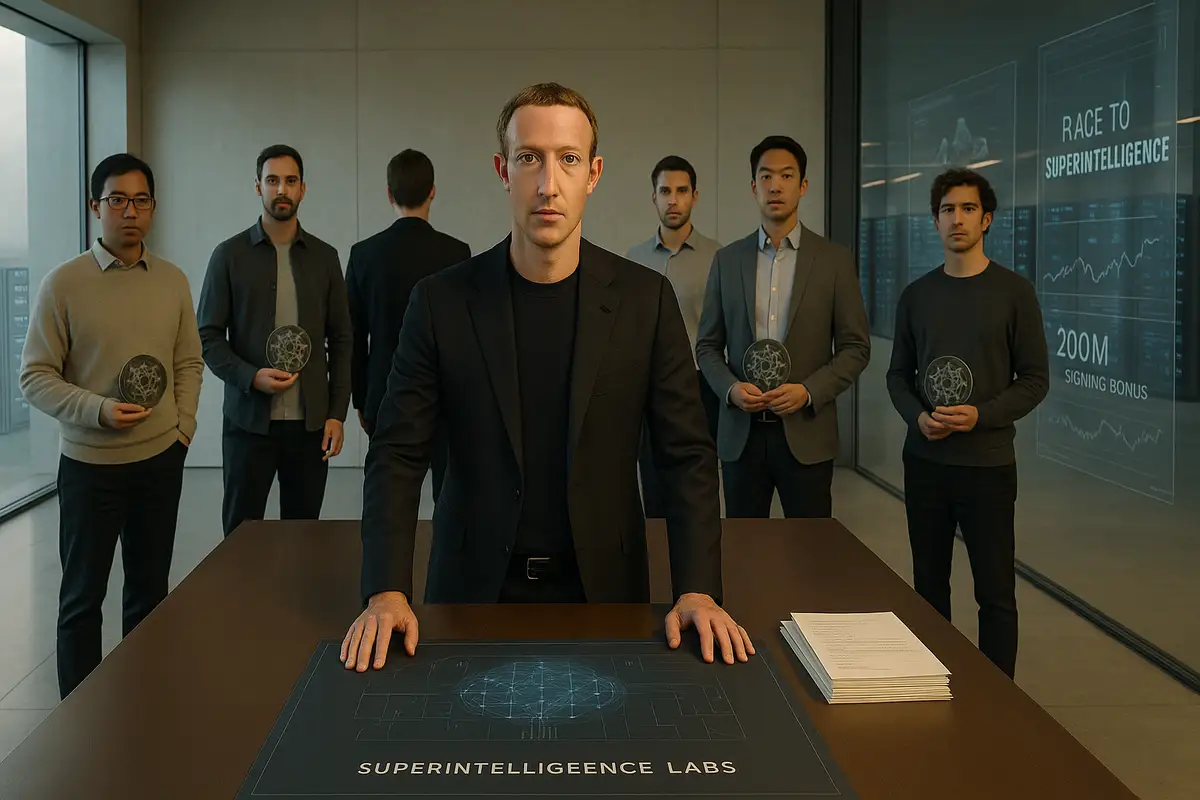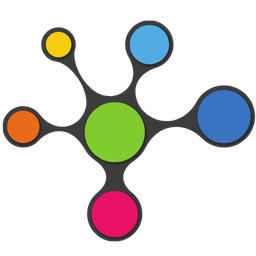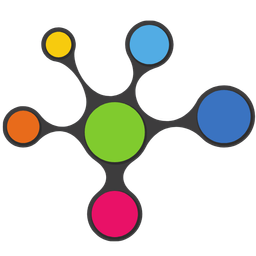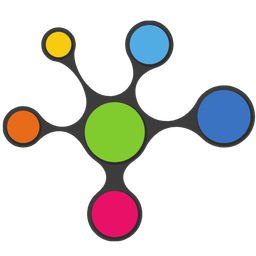💡 TL;DR - The 30 Seconds Version
👉 Zuckerberg announces "personal superintelligence" hours before Meta's earnings call, promising AI assistants that help achieve personal goals.
💰 Meta spent $14.3 billion on Scale AI and offered recruitment packages exceeding $100 million, with one reportedly topping $1 billion.
🔄 His vision mirrors what OpenAI already promised a year ago: personal AI teams helping users accomplish their goals.
📉 Meta's Reality Labs lost over $60 billion on the metaverse while current AI efforts struggle with Llama 4 delayed by months.
👓 Smart glasses would become "primary computing devices," conveniently helping Meta escape Apple's App Store control and fees.
🚨 The 616-word manifesto never defines "personal superintelligence" or explains how it differs from existing AI assistants.
Mark Zuckerberg wants you to trust him with superintelligent AI. The same guy who burned $60 billion on the metaverse now promises "personal superintelligence" will transform your life. His timing couldn't be more transparent—hours before Meta's earnings call, right after spending billions poaching AI talent from competitors.
The Meta CEO's latest manifesto reads like a greatest hits collection of tech promises. Everyone gets their own AI assistant that "helps you achieve your goals, create what you want to see in the world, experience any adventure." Sound familiar? It should. Sam Altman said almost the exact same thing a year ago: "eventually we can each have a personal AI team, full of virtual experts in different areas."
Zuckerberg's 616-word memo never actually defines what "personal superintelligence" means. He throws around terms like it's obvious, but provides zero specifics about how this differs from ChatGPT, Claude, or any existing AI assistant. It's corporate speak masquerading as vision.
The Desperation Behind the Dollars
Meta's recent hiring spree tells a different story than Zuckerberg's confident letter suggests. The company reportedly offered one researcher over $1 billion across several years. Other packages hit $100 million. You don't throw around that kind of money when you're ahead—you do it when you're panicking.
The $14.3 billion investment in Scale AI brought CEO Alexandr Wang over as Meta's new Chief AI Officer. Wang is 28 years old. That's not necessarily disqualifying, but it signals how desperate Meta was to acquire AI credibility quickly. They essentially bought their way into relevance rather than building it organically.
Multiple sources confirm Meta has been targeting researchers from OpenAI, Apple, Google DeepMind, and Anthropic. When Mira Murati left OpenAI to start Thinking Machines Lab, Meta immediately went after her talent too. This isn't strategic recruitment—it's panic buying.
A Track Record of Grand Promises
Remember when Zuckerberg published a similar manifesto about the metaverse in 2021? He promised virtual worlds would become "the successor to the mobile internet." Reality Labs has since lost over $60 billion. The division continues bleeding money while Meta's VR headsets collect dust in closets nationwide.
His current AI bet follows the same pattern. Big promises, massive spending, vague timelines. He claims "developing superintelligence is now in sight" but offers no roadmap. Meanwhile, Meta's own AI efforts stumble—Llama 4 has been delayed by months, and internal reports suggest Zuckerberg questions whether Meta should keep its models open source.
The smart glasses angle reveals another motivation. Zuckerberg envisions "personal devices like glasses" becoming "our primary computing devices." This isn't about user experience—it's about escaping Apple's control. Meta pays billions in App Store fees and chafes under Apple's rules. Smart glasses would let Meta bypass that entirely.
Recycled Vision, Fresh Marketing
Strip away the buzzwords and Zuckerberg's vision mirrors what every AI company already promises. OpenAI talks about personal AI teams. Anthropic focuses on helpful, harmless assistants. Google pushes personalized AI across its services. Meta's contribution seems to be adding "superintelligence" to the same basic concept.
The philosophical divide Zuckerberg draws with competitors doesn't hold up either. He claims others want to "automate all valuable work" while Meta focuses on "personal empowerment." But OpenAI's recent blog posts emphasize personalization and individual empowerment too. This supposed distinction is marketing, not substance.
Even his historical analogy falls flat. Zuckerberg compares AI to the shift away from subsistence farming, claiming technology freed people for "creativity, culture, relationships." Except the Industrial Revolution displaced millions of workers and created new forms of inequality. Not exactly the inspiring parallel he thinks it is.
Trust Issues Run Deep
Zuckerberg asks for trust while his company faces ongoing scrutiny over privacy, misinformation, and data handling. Meta has paid billions in fines for privacy violations. The company's algorithms have been linked to mental health issues among teens. Cambridge Analytica happened under his watch.
Now he wants access to even more personal data to make AI "know us deeply" and "understand our goals." Given Meta's track record, this should terrify users rather than excite them. The company's business model depends on data collection and targeted advertising. "Personal superintelligence" could just be surveillance with better marketing.
His warning about being "careful about what we choose to open source" adds another red flag. Meta built credibility in AI partly through open-sourcing Llama models. Now Zuckerberg hints at pulling back, probably because truly advanced AI gives Meta a competitive moat it doesn't want to share.
The Reality Check
Meta's current AI products don't inspire confidence in superintelligence claims. The company's chatbots across Facebook, Instagram, and WhatsApp remain basic compared to ChatGPT or Claude. Meta AI in Ray-Ban glasses offers simple voice commands, not the context-aware intelligence Zuckerberg promises.
The technical challenges of creating superintelligence remain enormous. No company has achieved artificial general intelligence, let alone superintelligence. Zuckerberg offers no timeline, no milestones, no technical roadmap. Just promises and a request for patience while Meta figures things out.
His letter admits "superintelligence will raise novel safety concerns" but provides no details about how Meta plans to address them. Given the company's struggles with content moderation and algorithmic bias, this feels like another problem Meta will tackle after deployment rather than during development.
Why this matters:
• Meta's AI promises sound impressive but lack substance—it's the metaverse playbook applied to artificial intelligence, complete with vague timelines and massive spending.
• The talent acquisition spree signals desperation rather than confidence, while Zuckerberg's vision largely recycles what competitors already offer with slightly different branding.
Read on, my dear:
❓ Frequently Asked Questions
Q: What exactly is "superintelligence" and how is it different from current AI?
A: Superintelligence refers to AI systems that outperform humans across most tasks, also called artificial general intelligence (AGI). Current AI like ChatGPT excels at specific tasks but can't match human intelligence broadly. No company has achieved this yet—it remains theoretical.
Q: What is Scale AI and why did Meta invest $14.3 billion?
A: Scale AI provides training data for AI models—the massive datasets needed to teach AI systems. Meta bought a 49% stake to secure data access and recruited Scale's 28-year-old CEO Alexandr Wang as Meta's new Chief AI Officer.
Q: How much has Meta actually spent recruiting AI talent?
A: Meta offered packages ranging from $1-1.4 million to over $100 million, with one researcher reportedly receiving over $1 billion across several years. The company has poached talent from OpenAI, Google DeepMind, Anthropic, and Apple in recent months.
Q: What are Meta's Ray-Ban smart glasses and how do they work?
A: Meta partnered with Ray-Ban to create glasses with built-in cameras, speakers, and AI voice commands. Users can take photos, make calls, and ask basic questions. They're Meta's current smart glasses product, though far from the advanced "Orion" prototypes with displays.
Q: What problems is Meta having with its Llama AI models?
A: Meta's Llama 4 model has been delayed by months due to technical challenges. Internal reports suggest Zuckerberg is questioning whether to keep Meta's models open source, which built the company's AI credibility but may hurt competitive advantage.
Q: How much money has Meta lost on the metaverse?
A: Meta's Reality Labs division has lost over $60 billion since late 2020. The unit continues bleeding money quarterly while VR adoption remains limited. Zuckerberg published a similar manifesto about the metaverse in 2021 with grand promises.
Q: Why should people be concerned about trusting Meta with personal AI?
A: Meta has paid billions in privacy violation fines and faced scrutiny over Cambridge Analytica, where user data was harvested without consent. The company's business model relies on data collection for targeted advertising, raising concerns about AI that "knows us deeply."
Q: How does Zuckerberg's vision differ from what OpenAI and other competitors offer?
A: It doesn't differ much. OpenAI's Sam Altman wrote about "personal AI teams" in 2024. The main distinction is Meta focuses on "personal empowerment" while claiming competitors want to automate all work, but most AI companies already emphasize personalization.















